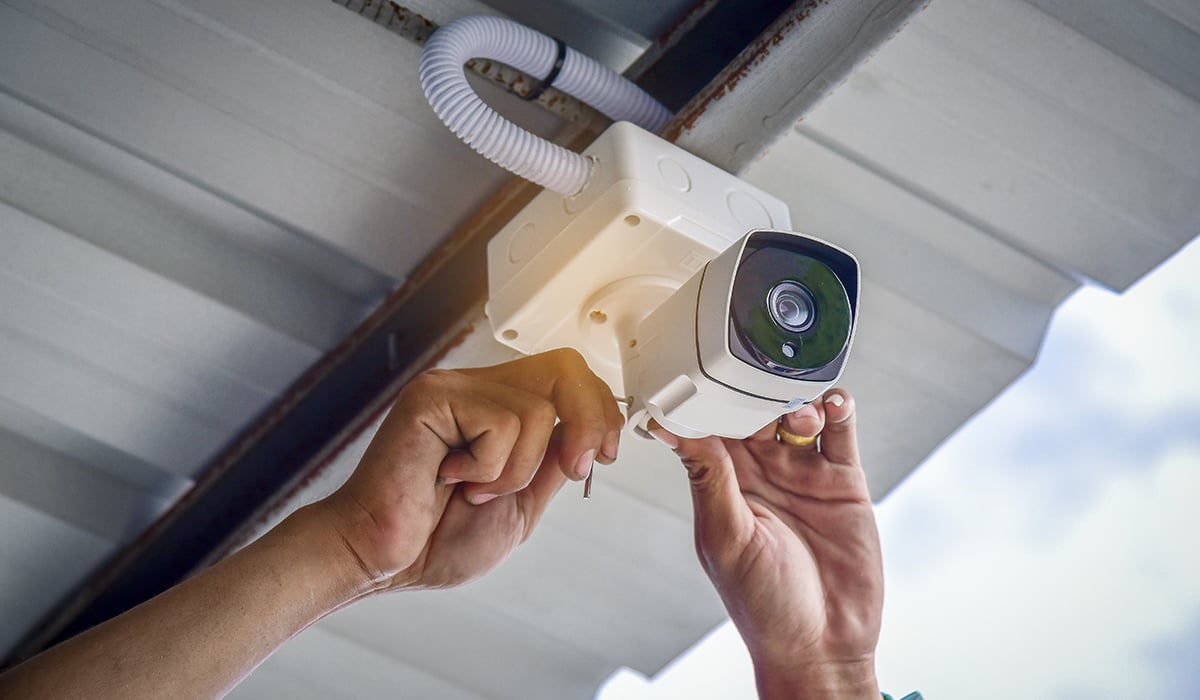There are a number of reasons why people may want to install CCTV cameras, but it is important to know what your rights are when doing so. You are required to notify anyone being filmed that they are doing so, and you should also let them know what your purposes are for recording the information. Additionally, you are required to comply with the Data Protection Act when storing information and images on your system.
CCTV is a great way to prevent crime, but it can also help you improve business efficiency, customer service, and productivity. These systems can be used to monitor and record the activity of employees, customers, and visitors to your company’s premises. This information can then be reviewed to improve business practices, identify any areas that need improvement, and increase overall security across your premises.

In fact, a study showed that cctv camera Singapore systems can reduce crime in car parks by 51%, in public transport areas by 23%, and in other public settings by as much as 7%. This is a big decrease in crime, and shows that CCTV can be very effective at reducing incidents of theft and vandalism on your business premises.
A good rule of thumb is to place CCTV cameras around the perimeter of your premises, pointing them at any potential entry points. This will ensure that you get a full picture of what is going on at any time, and it is more likely to detect any suspicious behaviour than if the camera is pointed in a direction where there are no entry points.
Pointing the cameras towards any windows will also help to guarantee the best coverage possible. In the majority of burglaries, intruders will break into a property through the front door or window, so pointing your cameras in these directions will be very effective at preventing these types of crimes.
You should avoid pointing your cameras directly at any light sources such as a street lamp or the sun, as this can cause underexposure of the videos and images that are recorded by the camera. If your camera is being used in an outdoor setting, it should be placed under the eave or at least partially shielded from direct sunlight.
When it comes to mounting your cameras, you can either go for a professional installation from a specialist installer or alarm company (look out for accreditation by the SSAIB and NSI), or you can install it yourself using the vast range of cables, cameras, and other equipment that is available on-line and from high street electronics retailers. If you choose the latter option, it is recommended that you follow the manufacturer’s instructions carefully and take the necessary precautions to prevent any damage from occurring during the installation process.
If you live in a housing society, you will need to obtain permission from the management of your building to install cctv installation Singapore cameras. However, even if you do have permission, it is a good idea to consult a lawyer to make sure that you do not infringe any privacy laws by putting the cameras in an area where other residents would be able to see them.
